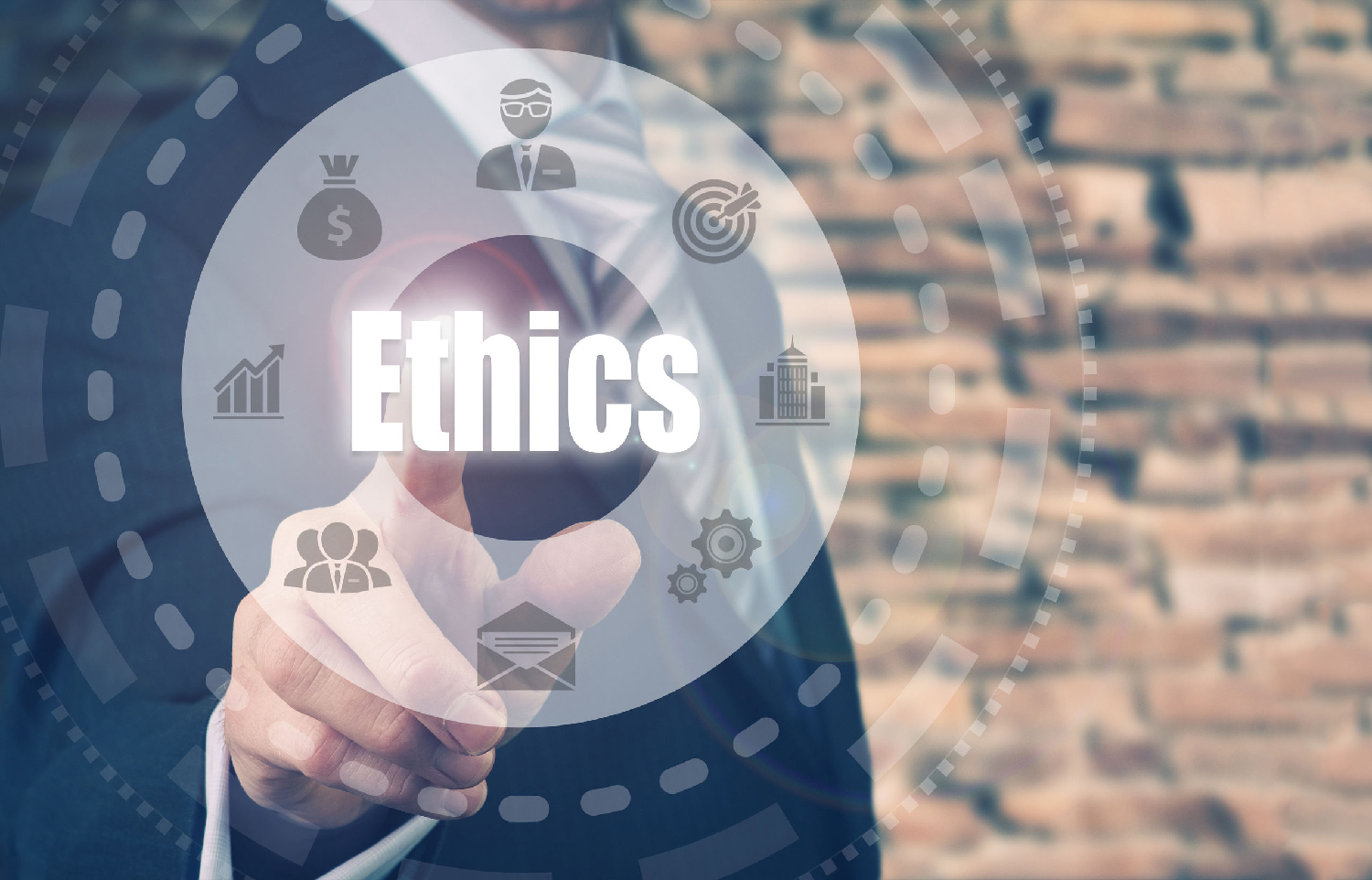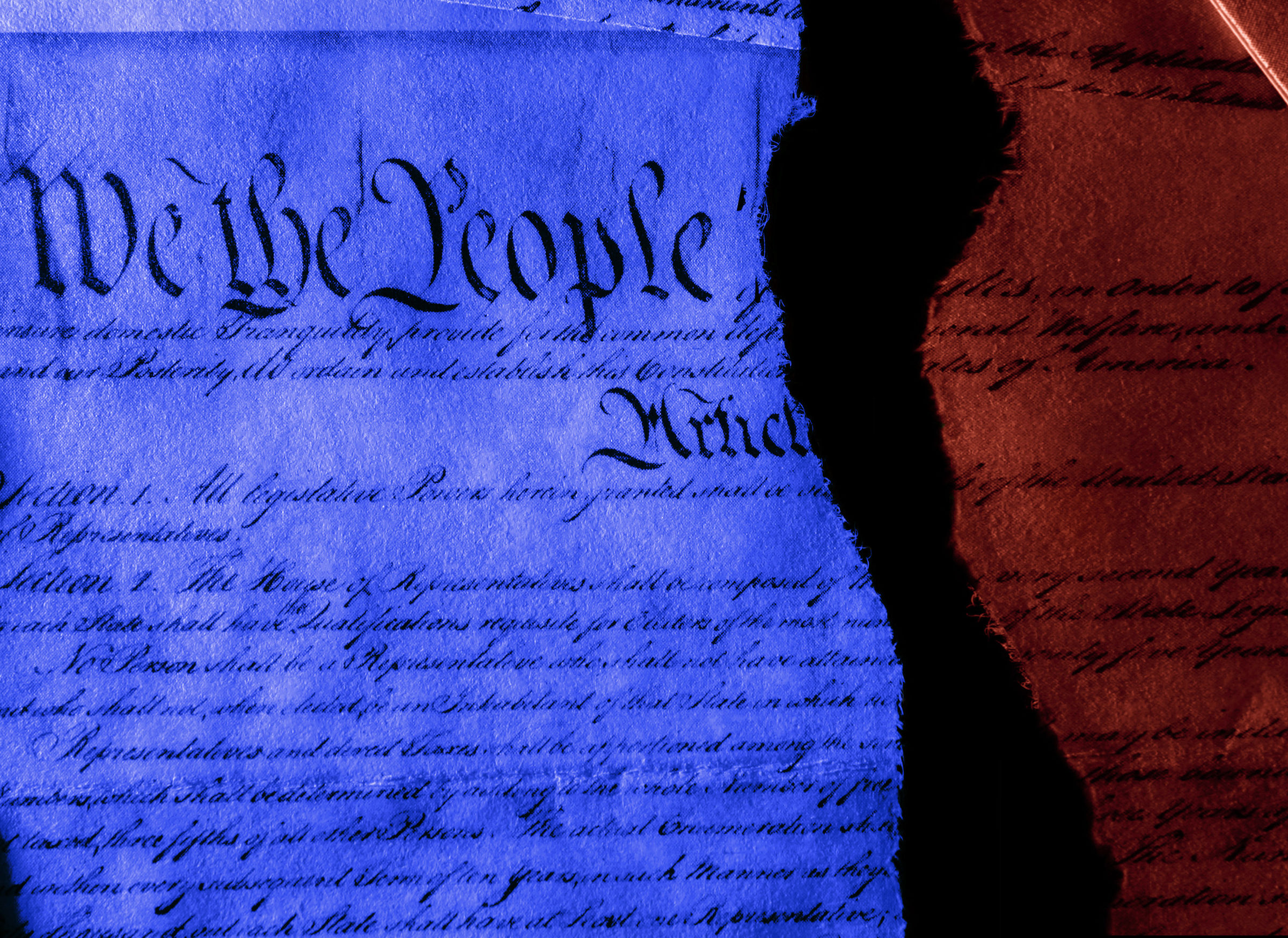 As arrogant occupants of 21st-century Earth, who can rightly boast of creating exciting innovations, like the computer, talking paint, and the margarita blender, it serves us to believe we’re also the more enlightened generation.
As arrogant occupants of 21st-century Earth, who can rightly boast of creating exciting innovations, like the computer, talking paint, and the margarita blender, it serves us to believe we’re also the more enlightened generation.
But honesty demands an acknowledgment that contemporary applications of wisdom, morality and ethical behavior are in fact derivative of concepts first proposed long ago by the ancients.
Consider the 10,000-year-old Chinese wisdom, I Ching, The Book of Changes. Then there are the 5,000-year-old Upanishads from India. And of course, the new kid on the block, the four-millennia-old Mosaic Laws (Thou shalt not …). Indeed, no wisdom is handier than that of King Solomon, from the first millennium BCE in Ecclesiastes, Proverbs, and the Psalms.
It must be noted that much of this awesome introspection and self-awareness was first contemplated at a time when receding Ice Age glaciers were still carving Scotland’s Loch Ness and the Great Lakes of North America, on the threshold of the written word.
Alas, ethically and morally speaking, we moderns are merely the new models, not necessarily the better ones. Hold that thought. [Continue Reading]

 Internet Genesis (1961-1974): Chapter 1, verse 1: On the first day, The Genius Cluster said, “Let there be a network of networks.” And they saw that it was good and named it “The Internet.”
Internet Genesis (1961-1974): Chapter 1, verse 1: On the first day, The Genius Cluster said, “Let there be a network of networks.” And they saw that it was good and named it “The Internet.”

 Since the advent of the Digital Age, the number of business model disruptions brought on by new technology has been unprecedented in human history. Legacy paradigms – complete with red-letter rules and legendary success stories – have shifted dangerously for multi-generational industries. Think Kodak. Other examples include email’s impact on fax machines and the letter/parcel delivery industry; Airbnb hindering the hospitality industry without owning any real estate; and don’t ask a cabby about Uber unless you want to hear cursing.
Since the advent of the Digital Age, the number of business model disruptions brought on by new technology has been unprecedented in human history. Legacy paradigms – complete with red-letter rules and legendary success stories – have shifted dangerously for multi-generational industries. Think Kodak. Other examples include email’s impact on fax machines and the letter/parcel delivery industry; Airbnb hindering the hospitality industry without owning any real estate; and don’t ask a cabby about Uber unless you want to hear cursing. No question, cloud computing is another example of technology increasing business efficiencies and leverage. And for small businesses, it’s been a godsend, because it not only gives us access to Big Business-like leverage, it’s also offered at an incremental price that fits our diminutive budgets.
No question, cloud computing is another example of technology increasing business efficiencies and leverage. And for small businesses, it’s been a godsend, because it not only gives us access to Big Business-like leverage, it’s also offered at an incremental price that fits our diminutive budgets.